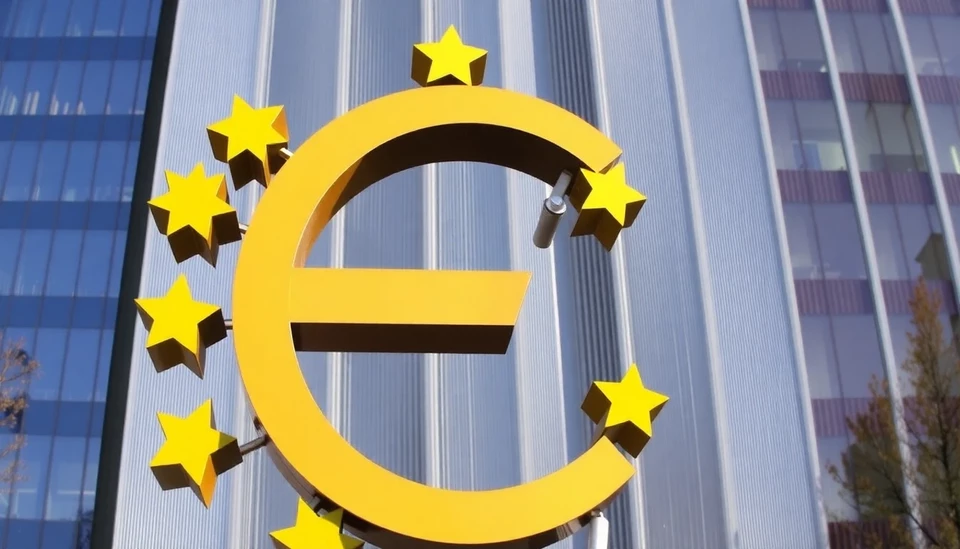
In a significant move reflecting the ongoing struggles of the Euro Zone economy, the European Central Bank (ECB) has announced its fifth consecutive reduction of interest rates. This decision, made in a bid to invigorate a languishing economy, is a response to persistently low inflation and weak economic indicators that continue to plague the region.
The rate cut, which brings the benchmark interest rate further into negative territory, is designed to encourage borrowing and investment within the Euro Zone. ECB President Christine Lagarde emphasized that this monetary policy decision aims to stimulate demand as the region grapples with various economic challenges, including sluggish growth and geopolitical tensions that threaten economic stability.
In recent months, the Euro Zone has exhibited signs of stagnation, with several member states reporting disappointing GDP figures. The broader economic landscape appears fragile, leading the ECB to act decisively to prevent a prolonged downturn. Experts believe that if the current economic trajectory continues, it could lead to a deflationary spiral that the central bank would struggle to reverse.
The ECB’s ongoing efforts to promote growth are particularly crucial as inflation rates have not reached the central bank’s target level of around 2%. In light of these developments, the bank has reiterated its commitment to maintaining an accommodative stance and is prepared to implement further measures if necessary.
Economists predict that this latest cut may provide only temporary relief, as underlying issues affecting the Euro Zone economy remain unaddressed. Issues such as low consumer confidence, high unemployment in certain areas, and external economic pressures could continue to restraint economic growth. Moreover, the rise of technology giants and emerging markets poses additional competition for European businesses.
Market analysts have responded to the ECB's decision with cautious optimism, although some are wary of the diminishing returns of continued rate cuts. They caution that while lowering interest rates can stimulate certain sectors of the economy, it might not be enough to spur a significant turnaround without complementary fiscal measures from governments within the Euro Zone.
As politicians and policymakers look towards upcoming fiscal policies, the pressure will be on them to formulate effective measures that complement the ECB's monetary strategies. The need for a cohesive approach to economic revival is becoming increasingly apparent as the Euro Zone navigates this challenging economic landscape.
Looking ahead, the ECB is expected to closely monitor economic indicators and adjust its policies as necessary, but the path to recovery remains uncertain. Stakeholders across sectors are anticipating further developments in both monetary policies and regional economic performance as the year unfolds.
In conclusion, the ECB's latest interest rate cut highlights the ongoing dilemmas facing the Euro Zone economy. While this aggressive monetary action aims to stimulate growth, it underscores the urgent need for comprehensive economic strategies to ensure long-term stability and prosperity.
#ECB #InterestRates #EuroZone #Economy #Finance #EconomicGrowth #MonetaryPolicy #Inflation #ChristineLagarde
Author: Laura Mitchell




